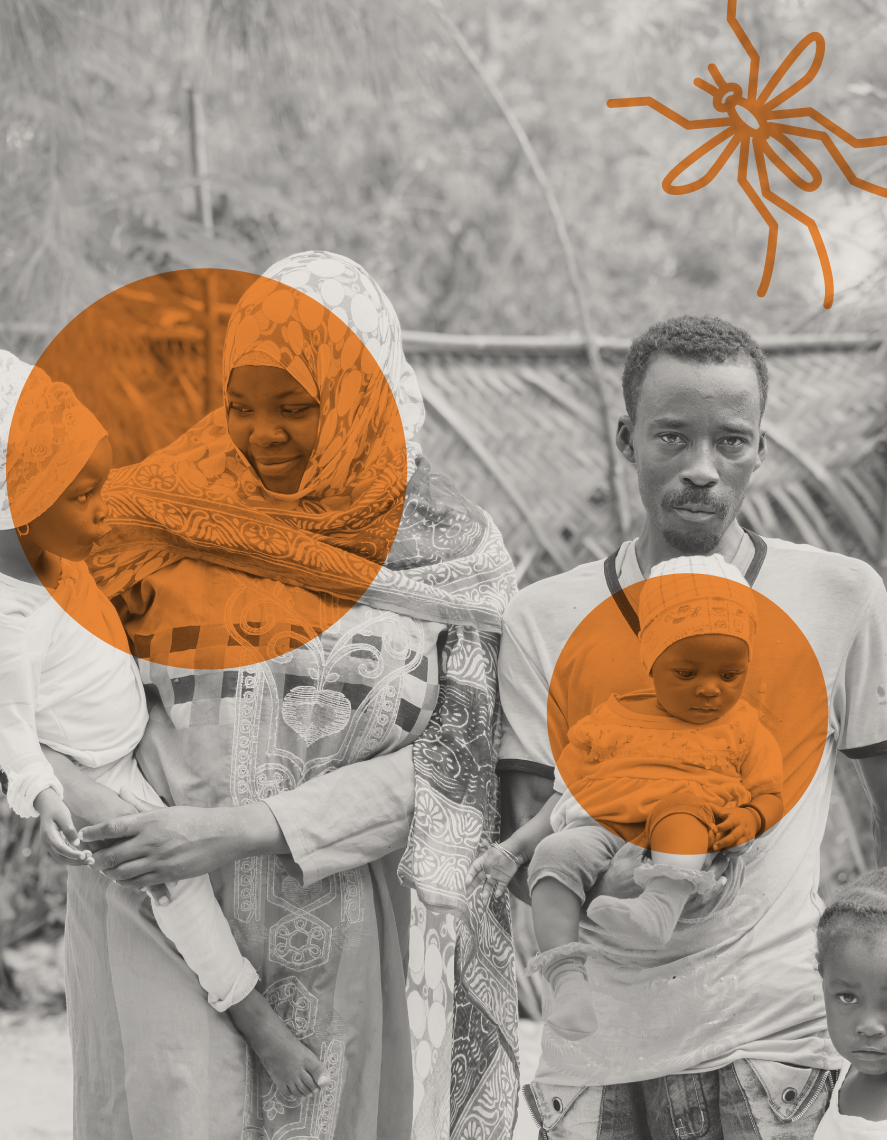Our institution
Malaria
Research / Programmes
We continued our long-standing work on malaria immunology and the RTS,S vaccine. Together with the Data Science Group, we provided evidence that RTS,S induces antibodies that react to parasite antigens not contained in the vaccine (1). We found that vaccine protection greatly depends on the state of the innate immune system when the first vaccine dose is received (2), a concept we will explore further in an NIH project launched this year to develop more effective malaria vaccines. We also found that non-immune factors may control parasite density in first-time pregnant women, with implications for malaria diagnosis (3).
Our work on parasite biology revealed that artemisinin treatment increases the sexual conversion rate of Plasmodium falciparum, which would counter the drug’s effect in reducing disease transmission (4). We also developed a mouse model to identify biomarkers of latent Plasmodium vivax infections (5).
- Macià D. JCI Insight.
- Moncunill G. eLife
- Matambisso G. BMC Medicine.
- Portugaliza HP. eBioMedicine.
- Gualdrón-López M. Mol Cell Proteomics.










